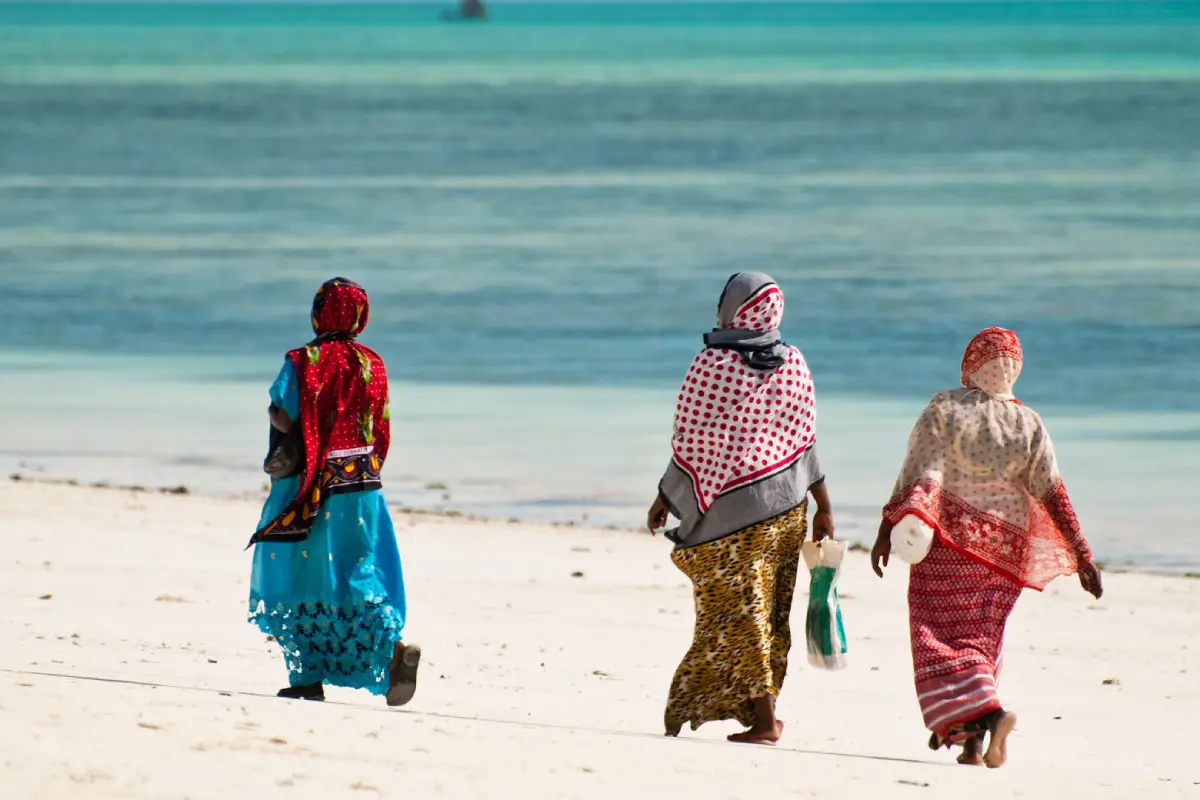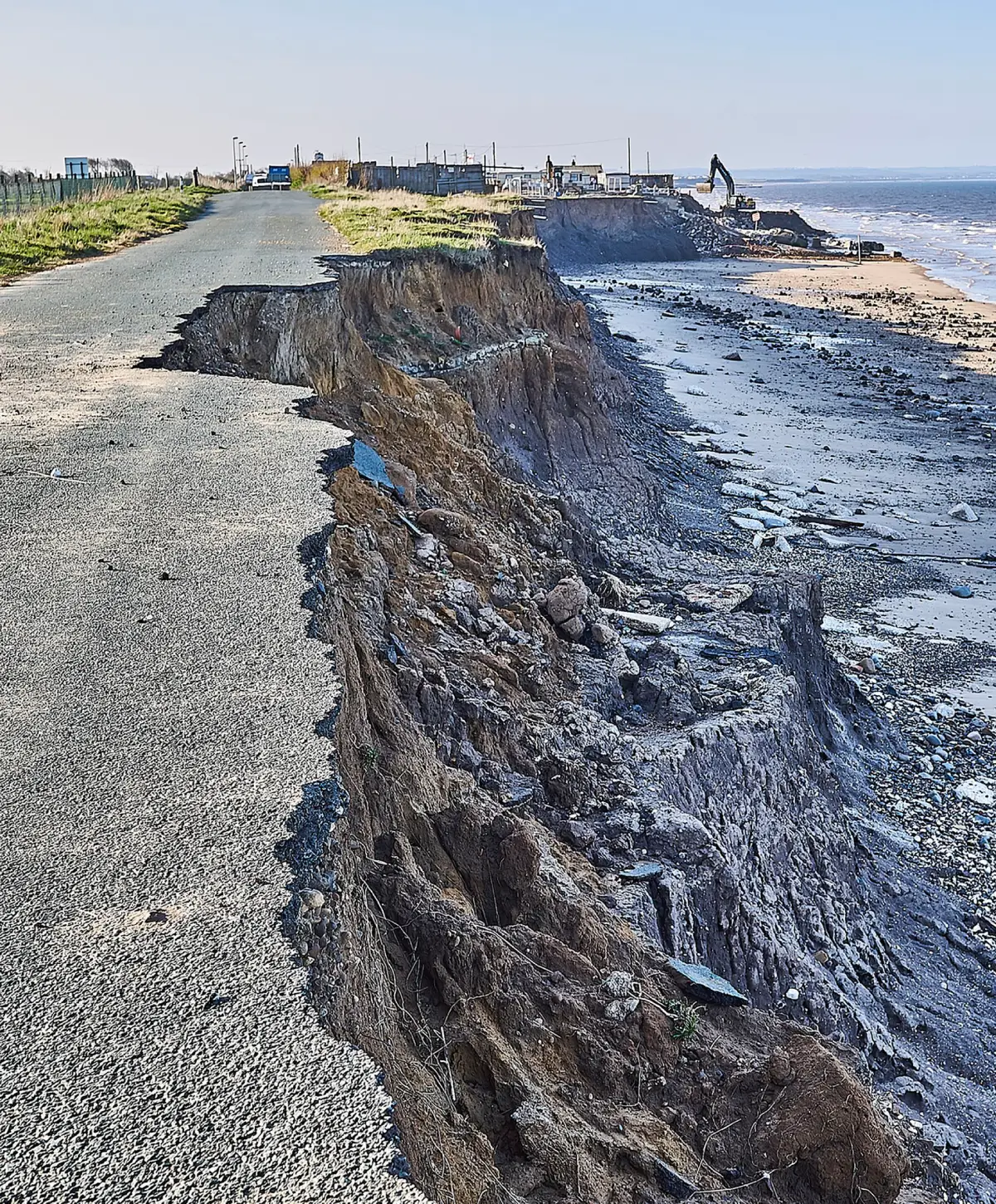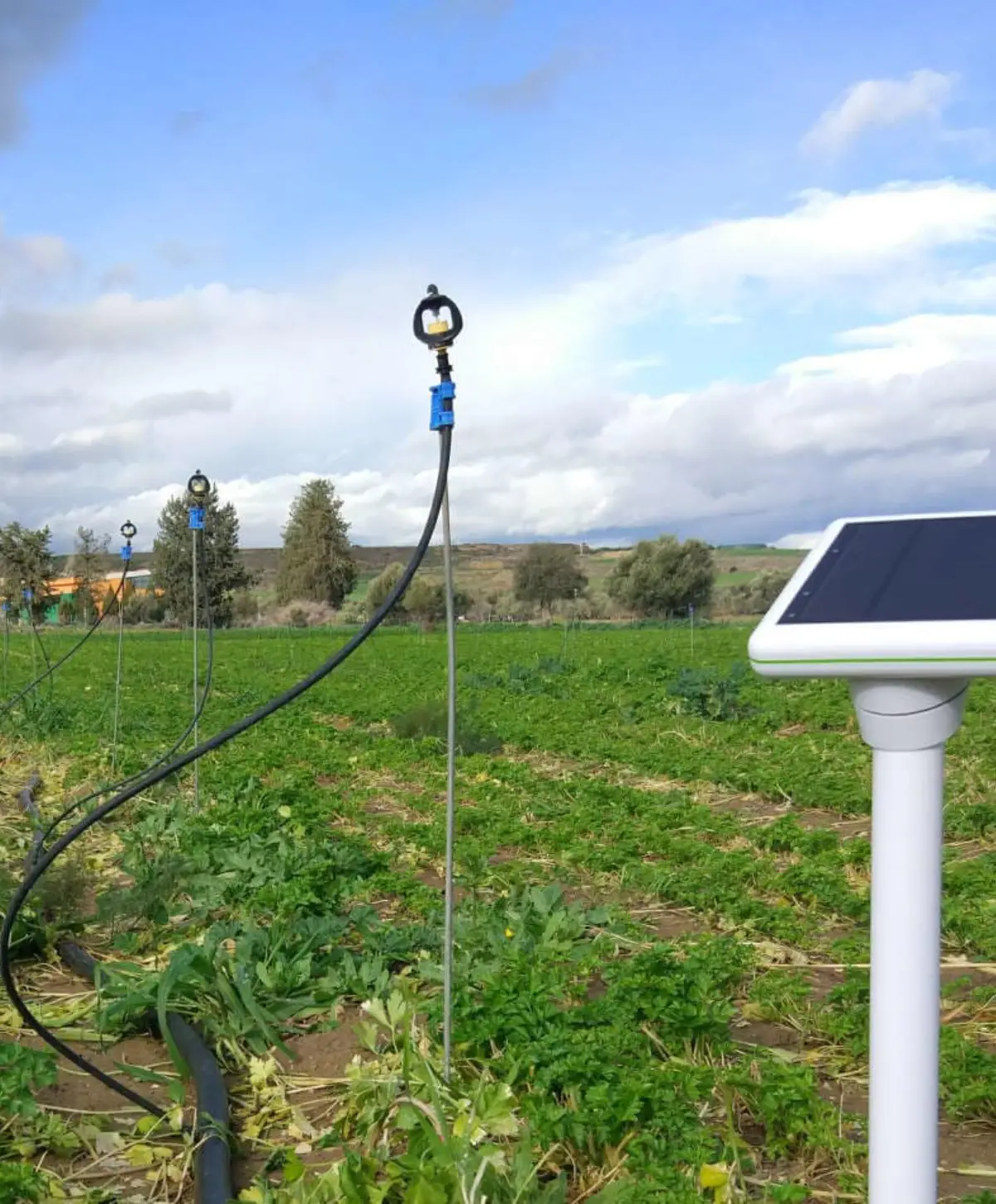
Project Objectives
Mitigate the Impact of Climate Change
- Implement nature-based solutions to combat coastal erosion and flooding.
- Introduce renewable energy alternatives (solar microgrids, solar-powered water pumps).
Foster Climate Innovation
- Establish a Climate Innovation Hub to support green startups, youth-led innovation, and research.
- Provide training in climate-smart agriculture, clean energy, and waste-to-resource technologies.
Empower Local Communities
- Train women and youth in green jobs and sustainable business models.
- Develop community-owned initiatives in recycling, permaculture, and eco-tourism.
Enhance Climate Education and Awareness
- Launch public awareness campaigns, climate education in schools, and mobile climate knowledge units.
- Promote traditional ecological knowledge integration with modern sustainability practices.
Key Activities
| Activity | Description |
|---|---|
| Eco-Village Pilots | Establish 3 climate-resilient Eco-villages using sustainable architecture, solar grids, permaculture, and rainwater harvesting. |
| Solar for Schools & Clinics | Install solar power systems in 10 off-grid schools and health centers to ensure consistent access to energy. |
| Climate Innovation Hub | Launch a space for local innovators to co-create, prototype, and scale solutions to climate challenges. |
| Plastic to Product Initiative | Transform plastic waste into valuable building blocks and community products through low-cost recycling tech. |
| Green Education & Outreach | Design curriculum modules, hold green bootcamps, and produce local-language materials on climate action. |
Budget Estimate (3 Years)
| Category | Estimated Cost (USD) |
|---|---|
| Solar Energy Installations (10 sites) | $250,000 |
| Climate Innovation Hub (Construction & Operations) | $180,000 |
| Eco-Village Pilots (3 communities) | $300,000 |
| Plastic Recycling & Training Facilities | $100,000 |
| Educational Campaigns & Climate Curriculum | $75,000 |
| Community Training & Capacity Building | $90,000 |
| Staff Salaries & Project Management | $150,000 |
| Monitoring, Evaluation & Reporting | $40,000 |
| Contingency (10%) | $118,500 |
| Total Estimated Budget | $1,303,500 |
Expected Outcomes (Year 1-3)
- 3,000+ community members trained in climate resilience, green jobs, and innovation.
- 200+ green micro-entrepreneurs supported through mentorship and seed grants.
- 30% reduction in reliance on non-renewable energy in pilot areas.
- 50 tons of plastic waste transformed into usable materials.
- Increased biodiversity in coastal reforested and mangrove-restored zones.
Target Beneficiaries
- Local communities in vulnerable coastal and inland areas of Zanzibar.
- Women, youth, and unemployed individuals seeking sustainable livelihoods.
- Schools, health centers, and grassroots organizations.


Partnerships and Collaborators
- Zanzibar Ministry of Environment and Climate Change.
- UNDP / UNEP Climate Action Initiatives.
- Local NGOs and academic institutions.
- International partners specializing in renewable energy, climate tech, and circular economy.
Sustainability and Long-Term Vision
- The project is designed for long-term sustainability by:
- Embedding initiatives within local government plans.
- Creating social enterprises to sustain innovation hubs and recycling operations.
- Building a replicable model for other island nations facing similar climate threats.
Sustainability and Long-Term Vision
"Heat to Hope" redefines climate adversity as an opportunity for bold transformation. With strategic investment, grassroots innovation, and community ownership, Zanzibar can become a beacon of climate resilience for island nations worldwide. Join us in making heat the seed of hope.